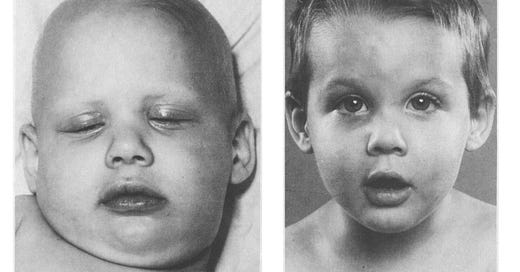Why High-Dose Biotin Could be the Answer for Your Blood Sugar, Neurological Health, and Skin Health
High-dose biotin is not ALWAYS needed, and too much biotin can make some neurological problems worse. This article covers just when to use it and how.
The use of high-dose biotin supplements has increased almost 30-fold over the last twenty years for such problems as diabetes, smell and taste disorders, disorders of the hair, skin, and nails, and multiple sclerosis.
Studies show it can improve diabetes, and case reports show it can miraculously recover lost smell and taste even when smell and taste were lost as a result of surgery or the side effects of medications or other supplements.
Yet, some studies show multiple sclerosis gets worse on high-dose biotin. I personally developed clumsiness, short-term memory loss, and a short temper on high-dose biotin.
Some studies show it makes blood sugar get better, yet it made my blood sugar get worse.
High-dose biotin can also cause wide-ranging errors in lab tests with the potential to mask recent heart attacks, pregnancies, or allergies; to misdiagnose thyroid conditions; to give false signals about the presence or progression of tumors; to falsely raise vitamin D, B12, and folate levels; to falsely alter many hormone levels; to generate false positives for HIV and hepatitis; and to lead to unnecessary surgery and possibly even death as a result of diagnostic errors.
Most people need more biotin than they get.
Some one in 30 people need high-dose biotin for genetic reasons, and most other people should be getting lower doses.
So, how do we know how much we need, and whether we are getting the right amount? When is the right time to break open the bottle of the ten-milligram capsules?
This article covers the safety and efficacy of high-dose biotin for all the conditions documented in the literature, its potential anti-fertility effects, and how and when to balance it with other vitamins.



